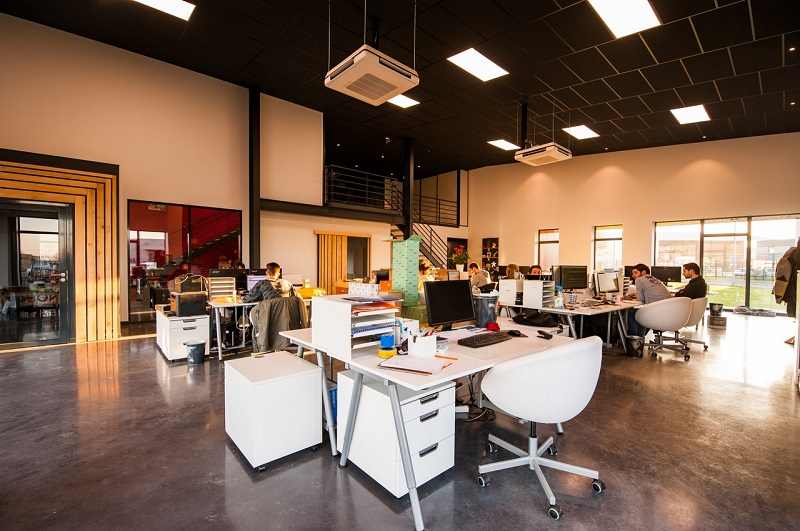One big obstacle to people starting up companies in the past was a lack of resources to fund an adequate office space. People have images in their minds of corporate offices in glass and steel towers downtown, or hip and trendy converted warehouses with basketball courts and smoothie makers, and they wonder “how could I afford that?”
In fact, the modern workspace doesn’t have to be anything like this at all. New and flexible office solutions have been created to help small businesses with things like a virtual office for individuals or an online business that needs a physical address. But what are these things? Do they really work? Let’s find out.

What is a Virtual Office?
Virtual office services are available to startups and other small and medium-sized businesses that need the sheen and polished execution of a bigger company in key areas, but can’t afford to build it all out in-house. As a service, they’re a growing trend. A virtual office provides entrepreneurs with things like a professional phone answering service so that one-man bands and startup teams will never miss an important call.
Virtual offices also provide brick and mortar services such as meeting rooms, videoconferencing facilities and more within a shared office space that’s used by other commercial clients. They pay a monthly service fee for this, but of course it will generally work out as a much more affordable arrangement than renting and managing their own office space and staff.
What is Meant by a “Physical Address”?
Another part of the virtual office arrangement is that customers receive a physical address they can list as their company headquarters, which is ideal for a number of reasons. The first is that it creates a strong professional impression on customers since many virtual offices come with fairly prestigious addresses and postcodes.
The second, more practical reason is that it provides a safe and secure location for mail and packages to be delivered and stored, and it means important deliveries will never be missed since a virtual office location is manned for at least the whole working day, and sometimes even through the night and over weekends as well.
The Benefits of Modern Office Space for Small Business
So does the modern enterprise need their own office anymore? A global pandemic has seen great swathes of the population shift to working from home, and even larger companies are feeling the financial crunch as running a full-time office in which people now just video-conference and email clients becomes ever less cost-effective.
Virtual office services provide a flexible and affordable alternative. Companies can use office space, including regular work desks and phones if they are needed, and whenever they don’t need them, they can let them go. The same goes for meeting rooms, conference facilities and more. By using a “pay as you go” approach, companies can save huge sums.

Another benefit, as briefly mentioned above, is that virtual and shared office space providers are typically located in well-located and often prestigious local addresses. It impresses clients, for sure, but also provides employees with accessible work locations surrounded by great amenities for them to enjoy at lunch and after work. The office environment is also usually modern, light, comfortable and spacious.
Finally, if using strictly virtual services, then the final benefit is that even the smallest companies can operate without ever missing an important call or a crucial message. When a prospective client calls and can’t get through to someone, it sends a very unprofessional message that you don’t care, even if your reasons for not being able to answer the phone are legitimate. Impression is everything. It would seem that while some businesses will continue to use traditional office space, there are now many great options for those who won’t.
